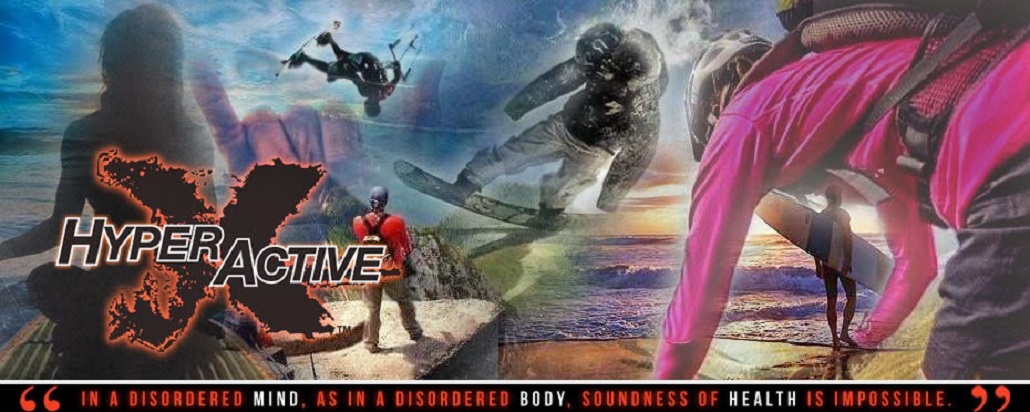Why Biking Is A Must For People With Mental Disorders
As I previously wrote, one of the natural remedies for dealing with mental disorders ( whether its depression, bipolar, anxiety, or ADHD ) is to spend time in the great outdoors. Combined with a physical activity, it makes a tremendous impact on human's body and mind.
From my personal experience, slow paced activities such as walking or even jogging still allow your mind to continue over-thinking or focusing on the problem. While something more effective, yet, intense ( like running ) is not appropriate for everybody.
The solution ?
Find something high paced, yet physically doable that will keep your mind relaxed and worry free.
Like biking !
But what is about cycling that leads to believe it has a peculiar effect? John Ratey is a Professor of Psychiatry at Harvard Medical School and the author of Spark: The Revolutionary New Science of Exercise and the Brain. He can't point to a specific reason but says he has seen patients whose severe depression has all but disappeared after they started to cycle.
Rhythm may explain some of the effects. "Think about it evolutionarily for a minute," he says. "When we had to perform physically, those who could find an altered state and not experience the pain or a drag on endurance would have been at an advantage. Cycling is also increasing a lot of the chemistry in your brain that make you feel peaceful and calm."
At the same time, the focus required to operate a bicycle, and for example, to negotiate a junction or jostle for space in a race, can be a powerful medicine. Dr Ratey cites a study his department is currently conducting. More than 20 pupils with attention deficit hyperactivity disorder (ADHD) are expected to show improved symptoms after a course of cycling.
The link between cycling and ADHD is well established. It's "like taking a little bit of Prozac and a little bit of Ritalin," Dr Ratey says. Ritalin is a stimulant commonly used to treat ADHD in children by boosting levels of neural transmitters. Exercise can achieve the same effect, but not all exercise is equal.
The science of cycling is evidently incomplete, but perhaps the most remarkable thing about it for the everyday rider, its effects on hyperactive children notwithstanding, is that it can require no conscious focus at all.The apparent mindlessness of pedalling can not only make us happier ("Melancholy," the writer James E Starrs has said, "is incompatible with bicycling") but also leave room for other thoughts, from the banal to the profound.
Scientists are confirming what most cyclists instinctively know – that riding a bike has extraordinary effects on our brain chemistry
Subscribe to:
Post Comments (Atom)


No comments:
Post a Comment